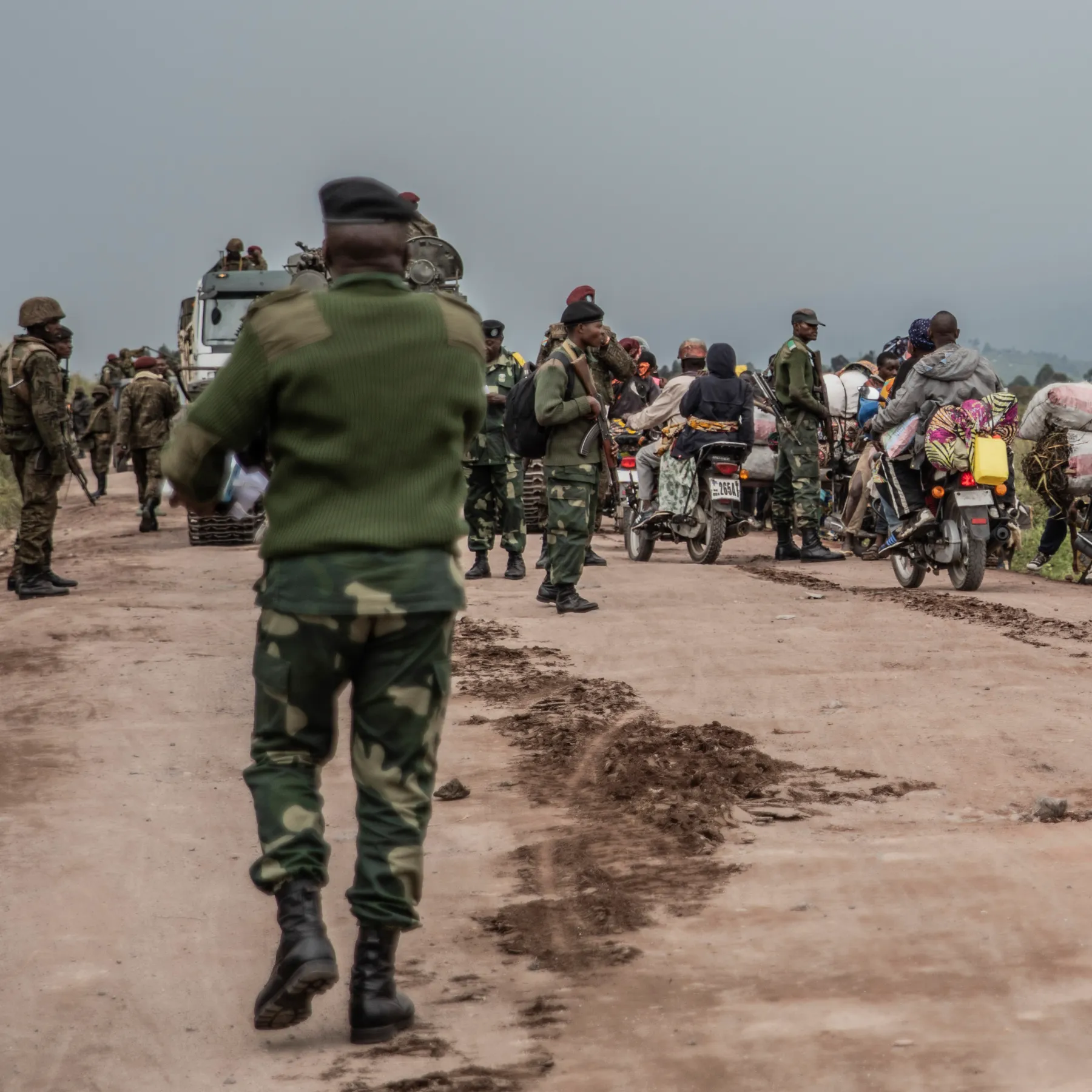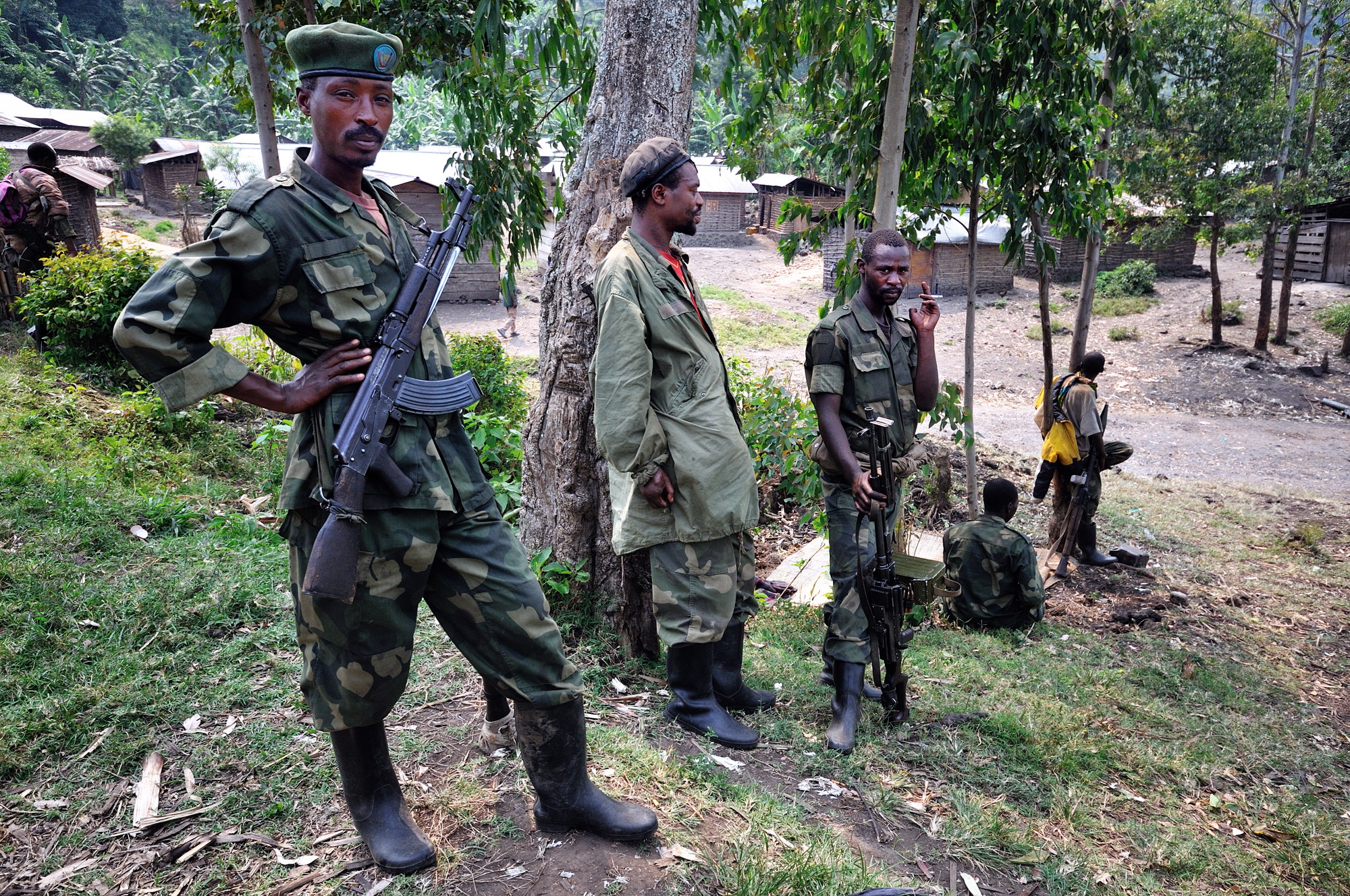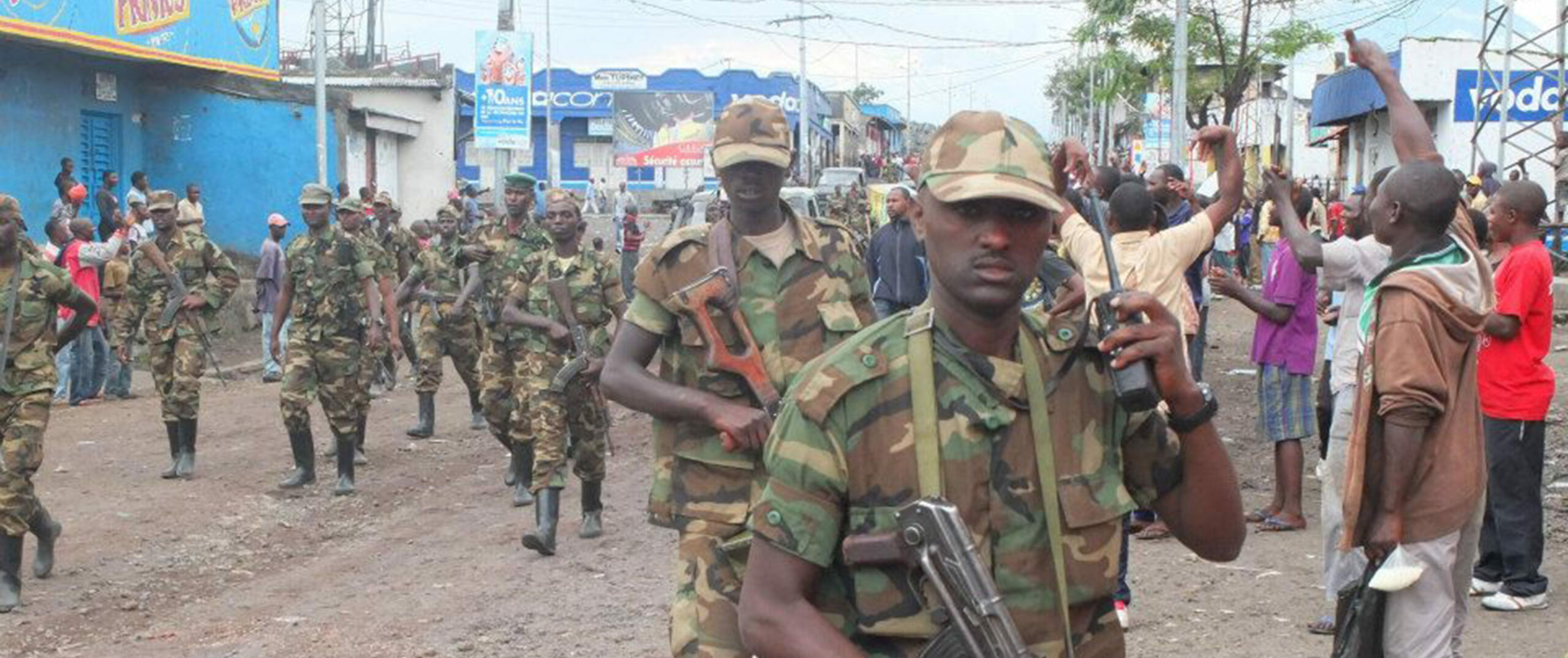The fragile ceasefire between Congolese forces and Rwandan-backed rebels in eastern Congo deteriorated Monday as M23 fighters reneged on withdrawal commitments from the strategic town of Walikale while accusing the army of violating agreed terms.
M23 spokesperson Lawrence Kanyuka claimed government forces failed to remove attack drones from the area, declaring this “a major obstacle to respecting the ceasefire” that “compromises peace initiatives underway.” Local residents confirmed rebel fighters remained visibly present in the town center despite previous withdrawal announcements.
The breakdown follows briefly heightened diplomatic optimism after M23 captured Walikale last week—their furthest western advance since intensifying operations in January—then pledged to withdraw while the army committed to suspending attacks. This setback represents the latest in a series of collapsed ceasefires in the region’s most significant conflict in decades.
Diplomatic efforts faced additional complications as Angola announced its withdrawal from mediation roles, expressing frustration over Qatar’s surprise arrangement of talks between Congolese President Felix Tshisekedi and Rwandan counterpart Paul Kagame. Despite both leaders expressing support for immediate cessation of hostilities, M23 rejected being bound by these pronouncements.
The conflict, rooted in the aftermath of Rwanda’s 1994 genocide and competition for mineral resources, has resulted in rebel control of eastern Congo’s two largest cities, thousands of casualties, and widespread displacement. Congo, the United Nations, and Western nations consistently accuse Rwanda of providing direct military support to the ethnic Tutsi-led M23, allegations Rwanda vehemently denies, claiming its forces act defensively against Congo’s army and militia groups.
Regional observers warn the deteriorating situation heightens the risk of wider regional conflict without renewed diplomatic intervention.



